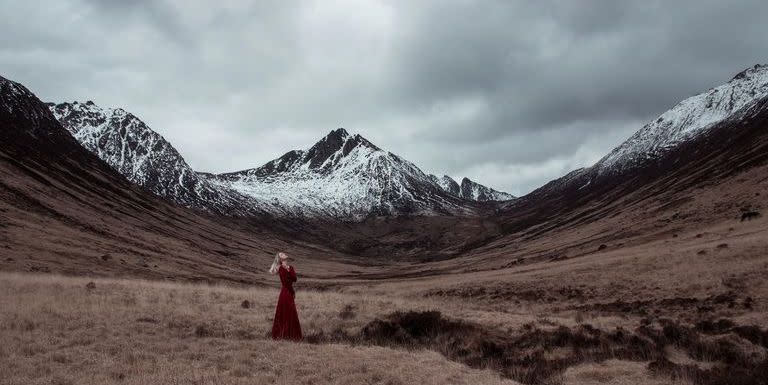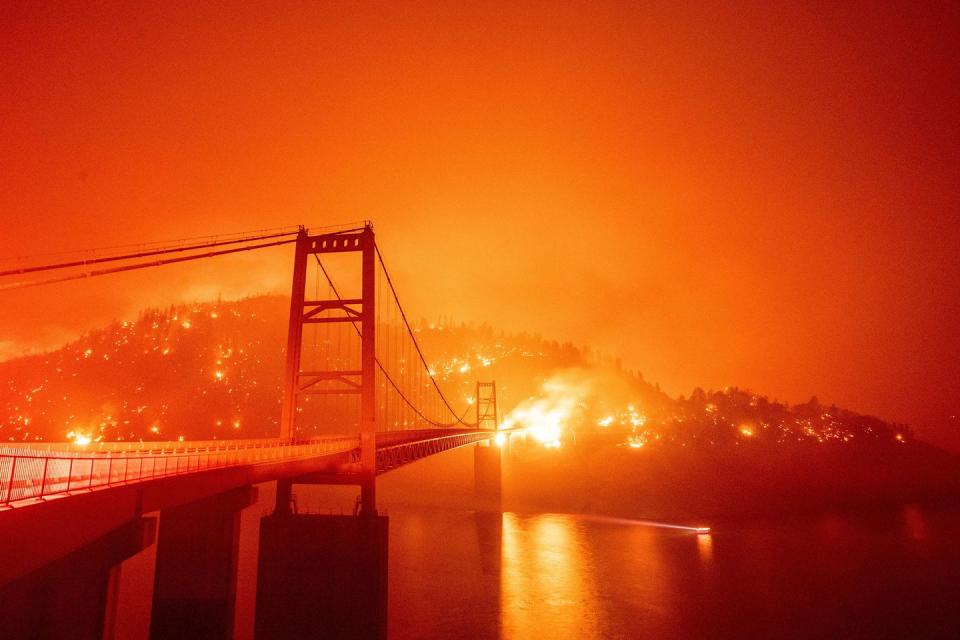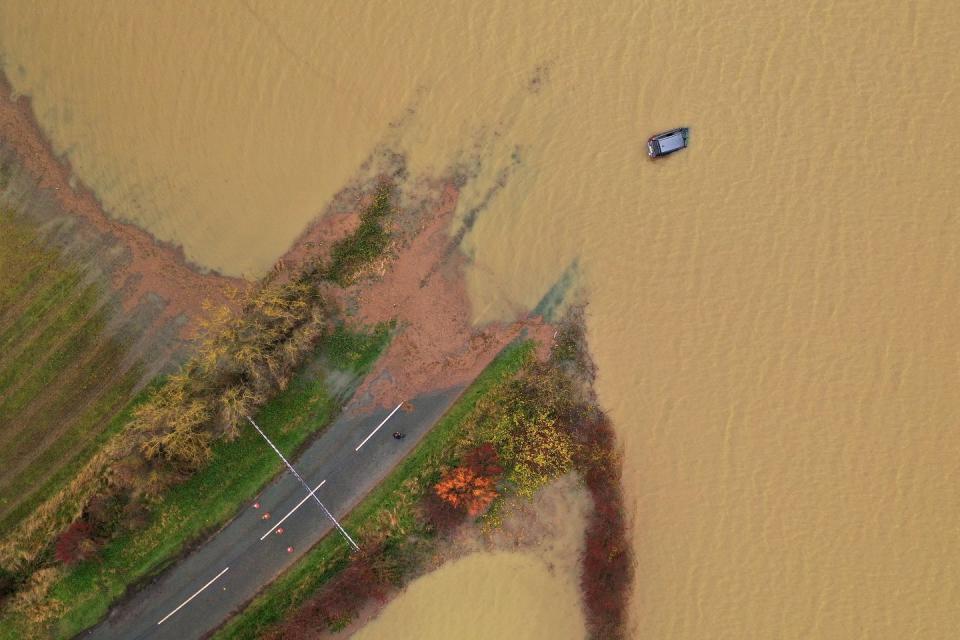How to manage eco guilt in 2020 and beyond

When Prince William revealed that his heir and first born, Prince George, asked him to turn off Sir David Attenborough’s latest docu-film A Life On Our Planet because it was too upsetting, we all nodded and sighed in concurrence. But it was also impossible not to also think: if the current and next generation of our country's leaders are turning away, what hope does our planet have? It's this chain of thought that has contributed to eco guilt, a global phenomenon where 77% of students admit that climate change makes them anxious and one in five eight to 16-year-olds have suffered from bad dreams about the climate crisis according to a new study.
While the activist and broadcaster outlined our planet's fate in the captivating cinematographic way we're used to from an Attenborough production, it sparked a reaction that has become all too familiar – hopelessness. “We are facing challenges on a scale we haven't had to deal with before,” says Dr Jamie Bird, senior lecturer in Health and Social Care Research at the University of Derby. “Feeling upset and afraid about the climate crisis are normal and healthy emotional reactions and ones that are shared by many. These challenges are appearing geographically across timeframes that usually span generations.”
With the help of technology our window to the world is clear and instantaneous, so when we watch the Amazon rainforest burn or Australia's wildfires ravage a country known for its wildlife, we feel it deeply. One person who sees climate change first hand is Dr Hannah Peck, deputy director and head of programmes of Cool Earth, a non-profit organisation that works alongside rainforest communities to halt deforestation. “Climate change has affected indigenous communities for many years and now it’s on our doorstep,” she explains. “Living in a digital world, we often feel disconnected from our natural environment, but forest fires in California and extreme flooding in British towns highlight the climate crisis as a stark reality in our daily lives too. Additionally, the evidence of our impact as a society means we can't live in denial anymore. It’s therefore natural that anxiety is growing, but this can be channelled into acts of compassion.”


It's not hard to feel a certain level of eco guilt around climate change – from forgetting your reusable takeaway coffee cup to booking a flight when a train journey would suffice. But there's nothing like witnessing the planet flail to feel compelled to do more. “The easy choice isn’t always the best environmental decision. But, leading an earth-friendly life is about progress, not perfection,” Dr Hannah says.
While psychotherapist Hilda Burke reassures us that eco guilt is a human response, she suggests that instead of looking away from what is uncomfortable, we hardness our culpability to do good. “Listen to your anxiety and use it to explore ways you can shape change. This will help you feel more empowered and less stuck in your hopelessness,” she says. Taking on global warming singlehandedly is enough to make even Sir David want to take a nap, but Dr James believes the key is to put it in perspective. “The problems and solutions are collective not individual. Join with others to work on developing answers and simply spend time in nature, just appreciating it is recognising that you are a part of it.”
But for those ready to dig in Dr Hannah is adamant that we are more powerful than we know. “A grassroots movement by individuals grew to transform government policy and lead an outright ban on a range of single use plastics earlier this year. We can do the same for the climate. We all have a voice and in 2020, one tweet can now change the world. Compassionate people of all ages are determined to fight against a future of an unstable climate, and are using their voices and social platforms to do just that. That’s the future.”
5 ways to make a difference
1.Sign a petition
There are plenty of active petitions that need your signature and it costs nothing. Friends of the Earth, an organisation dedicated to protecting the natural world, is a good place to start.
2. Eat less meat
According to Scientific Reports, if everyone in the country ate a quarter less meat we'd save 82 million metric tons of greenhouse gas emissions per year.
3. Stay away from palm oil
It's found in products such as peanut butter, chocolate, bread and biscuits and its production requires major deforestation, destroying the habitat of already endangered species like the Orangutan.
4. Travel less
Although we're staying put at the moment, it's worth bearing in mid that air traffic represents 3% of the global CO2 emissions, road traffic accounts for 10% while cruise ships emit 3 to 4 times more carbon dioxide per passenger-mile than a jet.
5. Put back
Pull up your socks and get stuck in – find a tree planting event near you with The Woodland Trust, which aims to plant 50 million trees in the next five years.
Like this article? Sign up to our new newsletter to get more articles like this delivered straight to your inbox.
You Might Also Like


